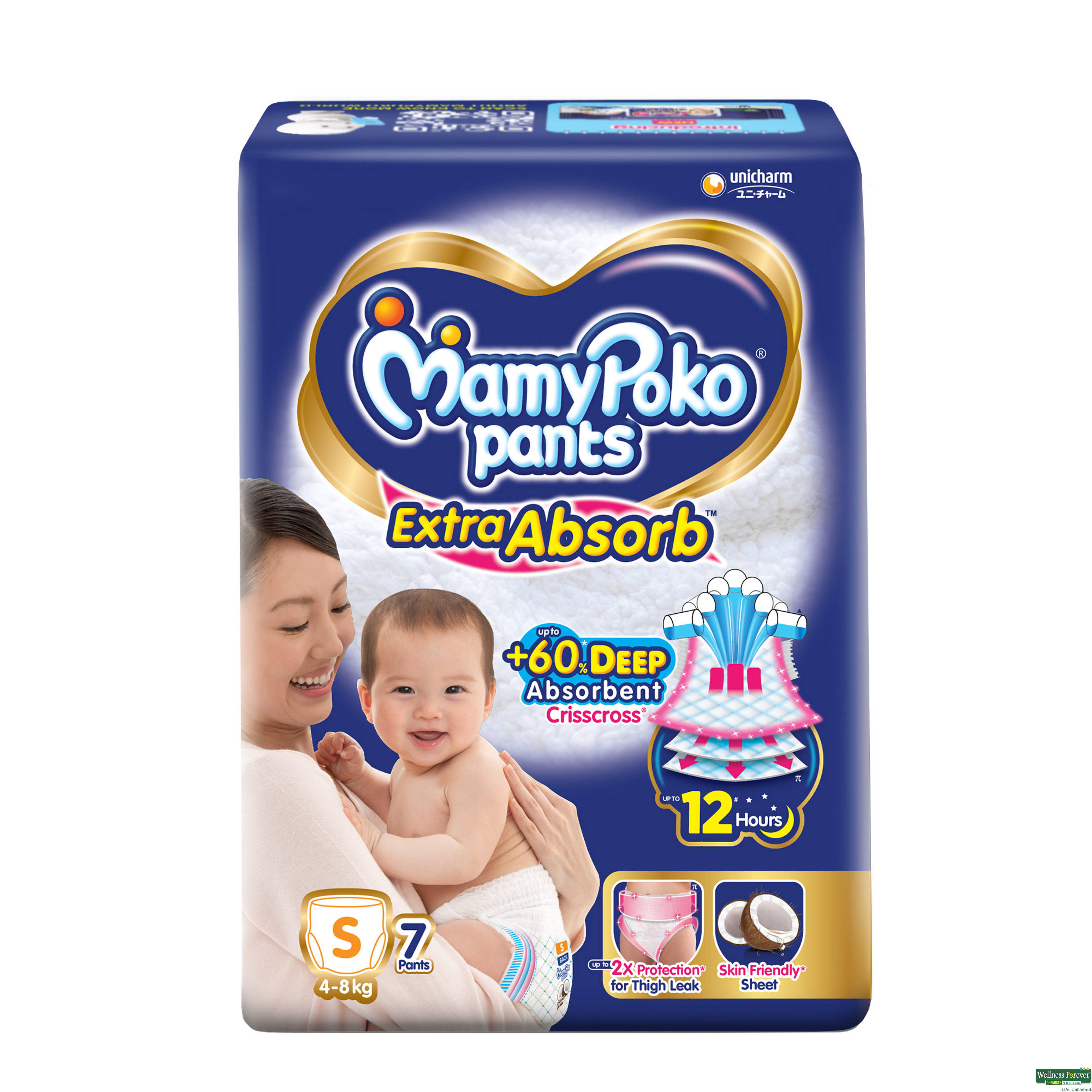Baby Diapers
FILTERS
Category
Brands
PAMPERS
32
MAMY POKO
29
Sort By
Baby Diapers

Mamy Poko Diaper Pants S 7 Pieces
₹99
Inclusive of all taxes
Delivery within

Pampers Diaper Pants S 15 Pieces
₹199
Inclusive of all taxes
Delivery within

Pampers Diaper Pants XL 7 Piece
₹159
Inclusive of all taxes
Delivery within

Pampers Diaper NB-S 22 Pieces
₹399
Inclusive of all taxes
Delivery within

Pampers Diaper M 20 Pieces
₹399
Inclusive of all taxes
Delivery within

Pampers Diaper NB-S 11 Pieces
₹199
Inclusive of all taxes
Delivery within

Pampers Diaper Pants M 22 Pieces
₹399
Inclusive of all taxes
Delivery within














